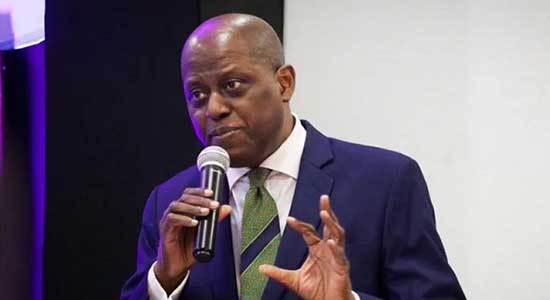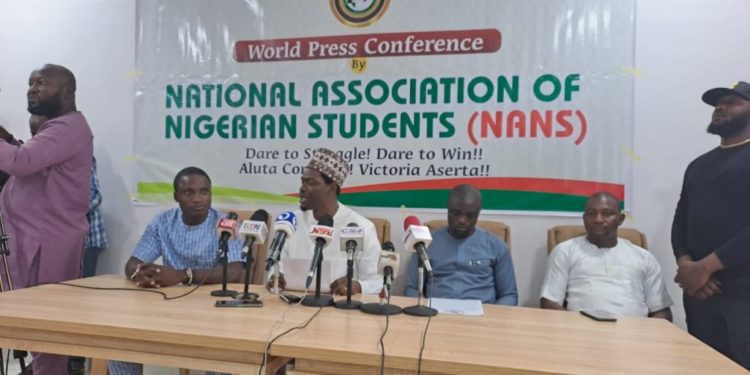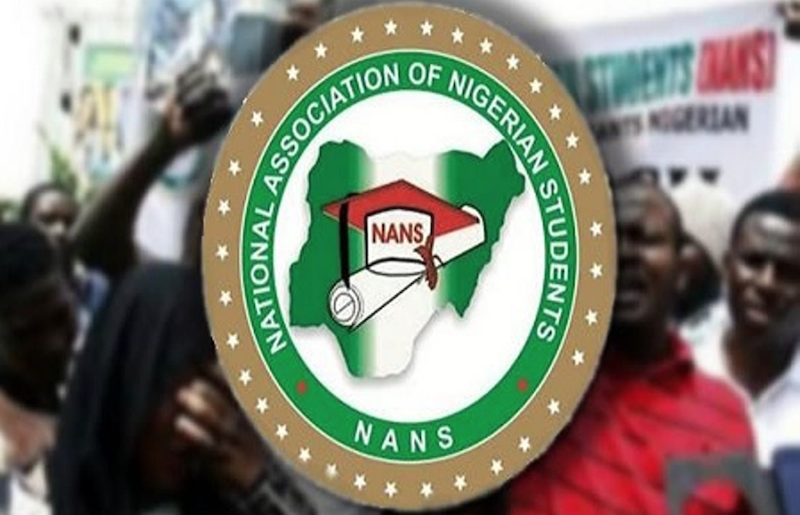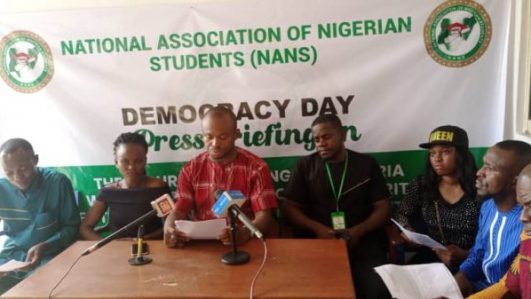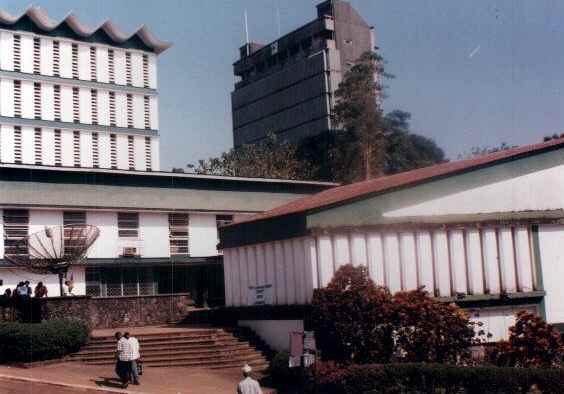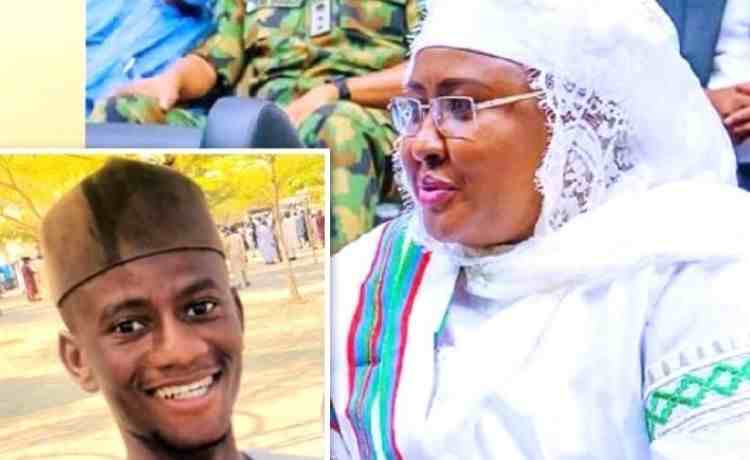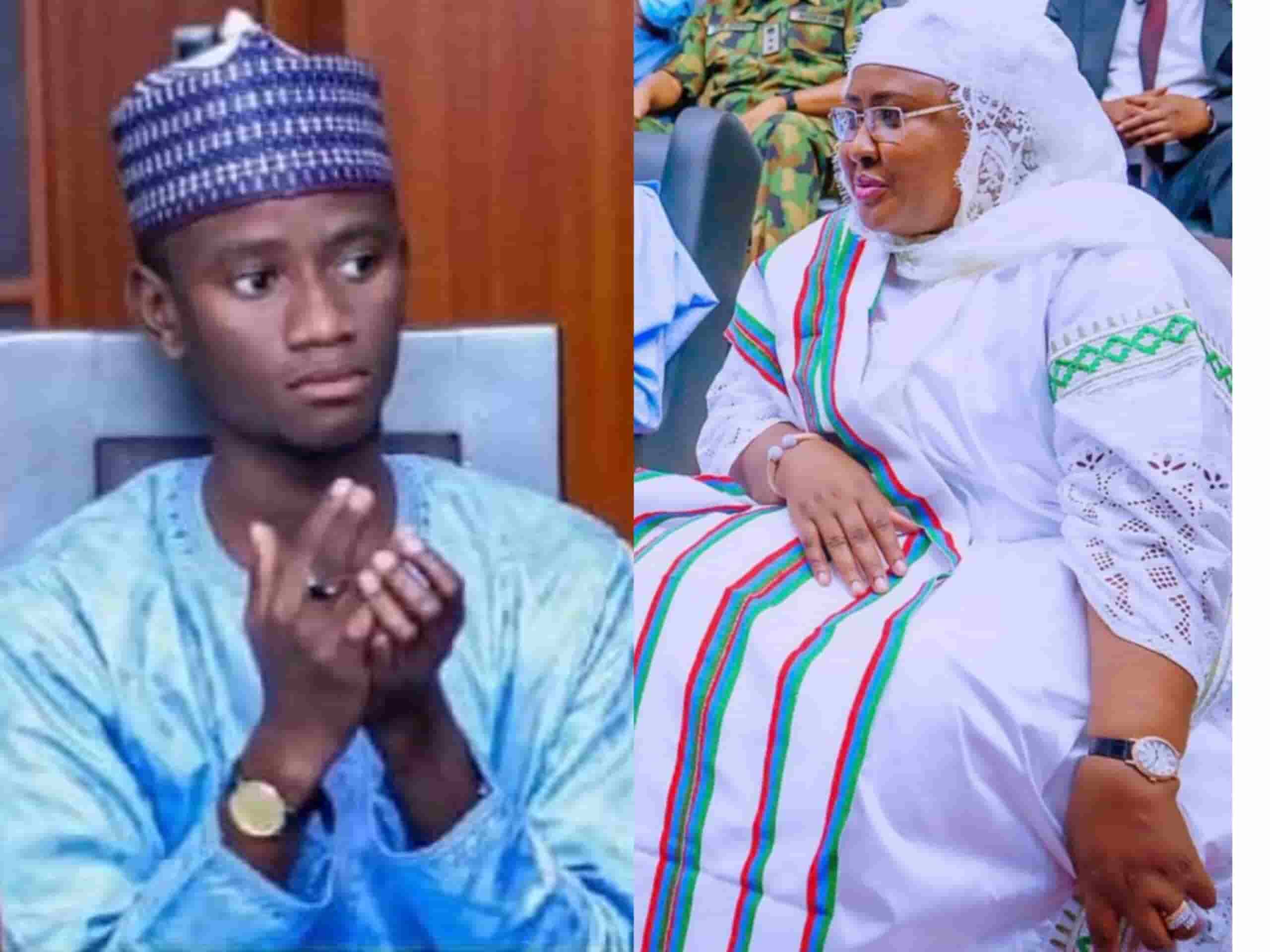President Buhari’s Minister of Education, Mr. Adamu Adamu, is a man who likes to take himself seriously. In ordinary circumstances, he should pass as one of the islands of some enlightenment in the arid cabinet of the outgoing administration. A long standing regional newspaper columnist and commentator on public affairs who finds himself at the helm of a strategic federal ministry should minimally arouse some excitement and legitimate grand expectations.
But after a prolonged tenure (seven and half years and still counting) at the helm of a ministry that has grave national importance, Mr. Adamu is literally in a wilderness, left alone to determine whether he has not wasted his and everyone else’s time.
The nation’s education sector under Mr. Adamu’s watch is arguably in its most tattered state since after the civil war. No one knows when the pubic universities are open or shut. Standards in public schools and colleges are at an abysmal low. There is now a chasm of standards and quality between private and public institutions at every level. An insensitive national elite has opted to educate their offspring mostly in the West. The foundations of a segregated society of the future has been laid. Perhaps only Mr. Adamu and his boss can, in good conscience, look at the current carnage in the nation’s education system and nod with satisfaction.
Perhaps out of a self righteous indignation and political expediency, Mr. Adamu recently tendered what amounts to a public apology to the nation for his dismal performance as minister of education. In his estimation, he had failed tragically in two core areas. First is the virtual collapse of the public university system following a series of protracted strikes and work stoppages by various unions in the university system.
He regretted the protracted strikes and infinite closures of public universities under his watch. The brickbat with the university teachers trade union, ASUU, lasted almost the entire length of his tenure. While the ASUU crisis lasted, students were at home, swelling the ranks of the aimless and the jobless free agents of criminality and raging army of the unemployed. Otherwise respectable academics and scholars were rendered destitute and dirt poor. Minor technical arguments about simple accounting and arithmetic were allowed to delay negotations with the teachers while the system died in installments.
The ASUU imbroglio may not have been strictly Mr. Adamu’s sole making. His colleagues in the Ministry of Labout never understood or respected the different nature of the work of university teachers. Nor was the government in itself ready to explore alternative templates for public university funding and operation. Yet the universities remain a educational enterprises and therefore fall squarely under Mr. Adamu’s portfolio.
The long period of university closure was agolden opportunity for anysensible minister of education to have mounted serious public campaigns on how best to reform and salvage the nation’s public university system. Mr. Adamu didpractivally nothing in this direction. Instead he stood by and watched the fire fights between ASUU snd the Ministry of Labour more like a spectator than as an active and engaged participant. There is no evidence that the Minister of Education rose to the occasion of defending the integrity of the universities. Nor is there any record of innovative problem solving from Adamu’s ministry of education. Instead, the Ministry of education was in an observer role while Labour treated the ASUU matter purely as a trade union matter. All through, the core educational challenges were relegated to the hazy backdrop. As a result, Mr. Adamu is likely to go down as the nation’s worst Minister of Education under whose watch Nigeria’s public universities were shut perhaps for the longest stretch of time in national history.
A second leg of his public apology was the astronomical increase in Nigeria’s out of school population in recent years. According to UNESCO figures, the population of out of school children in Nigeria now stands at a staggering 20 million as at October 2022 . This indicates that 40% of Nigerian children aged between 6 and 11 years are out of school mostly in the northern half of the country. The UN has estimated that Nigeria’s out of school population accounts for 20% of the global total. Former President Obasanjo recently said the crisis of Nigeria’s budgeoning out of school population was laying the foundation for the next wave of terrorists upsurge.
Here again, there is little or no evidence that the Ministry of education under Mr. Adamu was in any case engaged or concerned about how to stem the tide of what is easily a global embarrassment. It does not matter that primary education education remains mostly the responsibility of state and local governments. But national policy and the kind of initiate ve required to end the scourge of out of school children remains a federal national responsibility. On this critical matter, Mr. Adamu maintained a stone silence.
The recourse to a public apology on matters that are so strategic and central to his portfolio is a curious strategy. The appearance of humility and good intention does not address the patent lack of competence in so vital a department of state responsibility. The elite could grudgingly accept Mr. Adamu’s apology but the damage has already been done.
Whole generations of Nigerian children are out of school, denied the only right that should liberate them from poverty and darkness for life. Hundreds of thousands of undergraduates have failed to enter the labour market even if it has few opportunities for them. Some have dropped out. Many ambitions have been truncated, dreams amputated and livelihood killed. While the nation’s human asset rotted away during the ASUU absences under Mr. Adamu’s watch, the minister, like the rest of our national elite, was content with ferreting his offspring to foreign universities to benefit from more sensibly run systems. When protesting NANS students trooped to his office in protest to draw his drew his attention to this anomaly, Mr. Adamu felt so slighted that he rudely walked out of a meeting with a delegation of Nigerian students.
As a parting gift and perhaps some legacy inititative, the Minister has just announced Cabinet’s approval of a new language policy template for the nation’s public primary schools. Under the proposed policy, which is still a rough draft, all instruction in Nigerian primary schools will be in the child’s ‘mother tongue’. In effect, all Nigerian children from age 6 will be instructed in their ‘mother tongue’. No one has yet told us the definition of ‘mother tongue in the context of this strange policy proposition. The children will only begin to learn in English from the secondary school, presumably from age 11.
In a nation that has well over 600 languages, no one knows what will be the ‘mother tongue’ of children in different locations. Not ot talk of the fact that in most Nigerian locations, cultural interfaces and cross currents has produced children of mixed linguistic parentage and whose mother tongue cannot easily be defined. Nor is there any evidence that there exist enough teachers with language proficiency in these languages to be able to instruct children in them. Not to talk of whether our educational system has developed enough teacher capacity and proficiency in even the major national languages to be able to base primary education instruction on those languages.
Even the determination of what constitutes a child’s mother tongue can be a herculean task in a diverse, multi lingual and composite federation such as this. Is the child’s mother tongue that of where his/her school happens to be located? Or is the mother tongue that of where his parents originated from? Or is it the language spoken at home or the one in which the child communicates with his two parents who happen to hail from different nationalities?
The new draft policy may have disciples among advocates of linguistic nationalism. The ancient argument is that a child is more likely to internalize knowledge when it is imparted in his ‘mother tongue’ or local language. Concepts are clearer and lose their strangeness or foreignness when imparted in a language that the child uses in his natural interactions and social communication. Those who parrot this advantage are quick to insist that English or any other foreign language is part of a colonial foreign cultural orientation which has alienated homegrown knowledge and bred generations of alienated citizens far removed from their roots. They quickly point to the strides of other cultures like the Japanese and Chinese who for centuries have instructed their citizens in their local languages and achieved great cultural, scientific and technological feats.
But these are nations that are mostly homogeneous in ethnic and linguistic composition. They have the additional advantage of having witnessed long periods of historical and civilizational pre eminence and continuity as monolithic cultures for many centuries. Language and national culture have fused.
In our instance, we are dealing with a muti cultural, multi lingual and highly diverse society. One of the bonds that holds our nation together is the use of English as an instrument of education and social communication. The history of our nationhood is the story of ancient tribes brought together by English speakers and held together by the legacy of a unifying pan-Nigerian language. The business of Nigeria will not survive for a day fter we stop communicating in English as a national community. Our children are better Nigerians when they are able to communicate and interact with each other in English. In that uniform mould, they shed their ethnic identities and fuse into one uniform national identity. We are by far better off when a uniform national identity is part of the educational process from the onset.
To insist otherwise as Mr. Adamu’s envisaged policy template does is to deliberately use the education system to enshrine division. Moreso, to educate our primary school children in local ‘mother tongues’ is to lock them up, early in life , in enclaves of nativity where their immediate embrace is with superstition, backwardness and decadence. That zone of our national life is now the bastion of ritual, superstition and antiquity. We left our homegrown potential for authentic development behind in the villages decades ago. It is too late in the day to retreat from the rest of humanity to rediscover paradise lost.
The local ‘mother tongues’ may indeed have their intrinsic knowledge and cultural values in diverse fields. But little or ne effort has been made to develop these languages to the level where they can become tools for instruction in different subjects at such an early stage in the child’s development process.
There is a need of course to develop the local languages alongside English. Children should be able to communicate in their relevant local tongues alongside English. But the imperative of national integration and the pull of global integration and belonging demands that we start early to prepare citizens to be able to compete with their peers in the rest of the world. Such competitiveness should be in the areas of basic universal literacy and numeracy as well as basic science and technology.
Even as Mr. Adamu and his principal prepare to leave their dismal legacy in our educational system, there remain clear and urgent questions and challenges that confront us as a nation. How do our children rank in maths, basic science, functional literacy as against their opposite numbers in other countries? What is the state of health and nutrition of the average Nigerian primary school kid? In what kind of environment are we raising the children in terms ofaceesto basic social services?
These are the fundamental challenges of Nigeria’s early childhood education. It is not the initiation of a confusing babel of mother tongues among children in a nation that desperately needs integration and unity.
